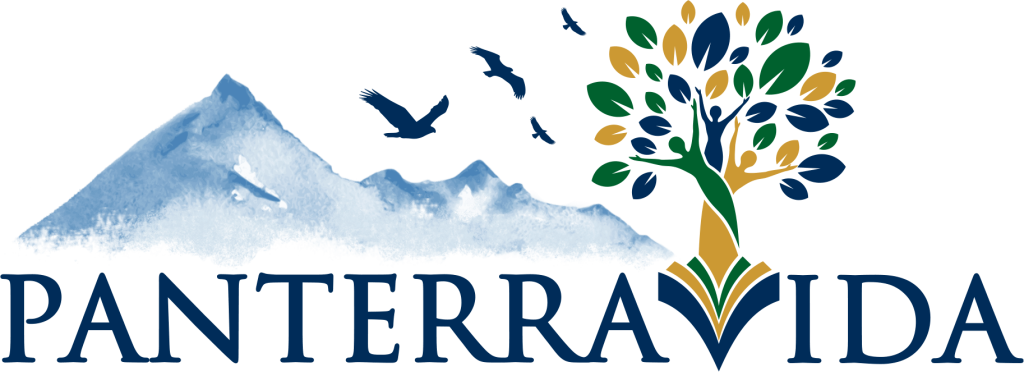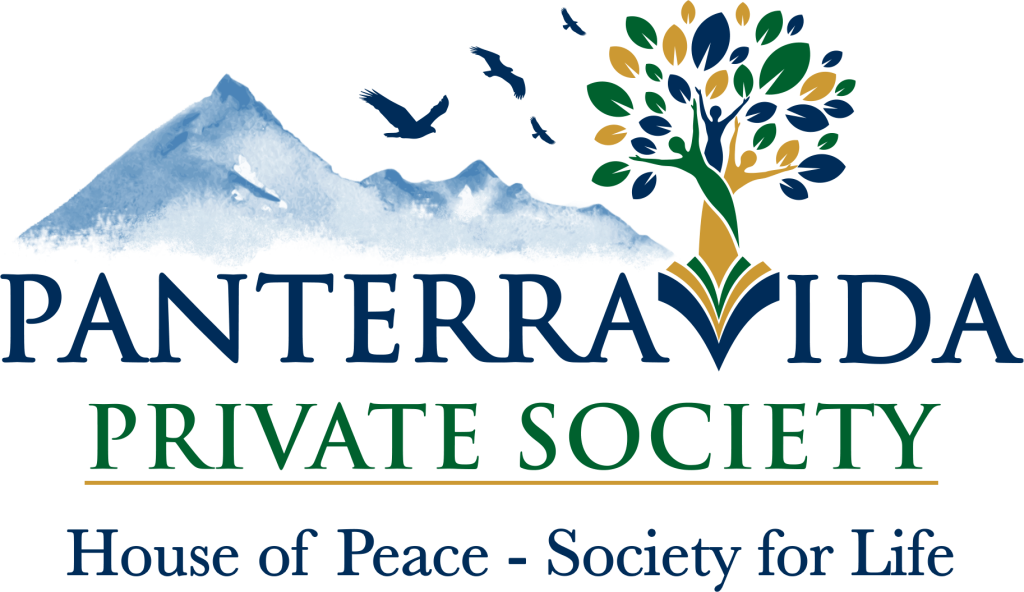
We are making a change to our use of the word Family on our documents based on updated information we have recently researched. To explain this point there is some important background and context to understand.
Most of us are used to writing out our names with First Middle Last, and presume that our last name is actually our own. But, as with all things in the matrix, things are not what they seem. In fact, the “last name”, often referred to as the surname, is another form of bondage and attachment.
There is a long history to this, which we will not go into right here, but suffice it to say that when Roman Civil Law was introduced into the North American continent, things were laid in place to use the surname as another form of bonded attachment to the intended global perpetual debt enslavement system. Keep in mind that Roman Civil Law is the law form of control, bankruptcy, and military occupation. It was laid in place during the classic Roman Empire period, when most of Europe was under Roman military occupation. It was then brought to the Americas through the Spanish Empire and its conquest of Mexico, Central and South America.
It was brought into North America through the Napoleonic Code and the so-called Louisiana Purchase in 1803 and 1804. In the Napoleonic Code (which is essentially Roman Civil Law), the surname was established as a method to capture the civil body under martial law and rules of bankruptcy. This was eventually done through the states of New York and California that adopted civil codes in the 1870s. This is only a very brief synopsis to provide a foundation to understand why we separate the First Middle names from the Last. Our usual approach to this is to reference the last name as the House of Doe, for example. As we set up the Proclamation of Peace web site and the individual documents for the members to use for their protections, we considered the format of the name as John Henry, House of Doe. But we thought that for most of the D’Vida Private Society (DPS) members this might be a bit of a stretch to refer to themselves as House, so instead we opted to use Family.
But since that time, recently we discovered that the actual definition of Family means the servants of the House. Of course, we all think of the word family as something positive, referring to our original family or our close friends and associates as a “family”. But now we know that this word has a much different connotation than the meaning we normally ascribe to it. So for this reason we are now using the protocol of House of Doe in our documents.
The reference to House indicates a collective of people in sovereign capacity. It goes back to the concept of Lord of the Manor, as the land holding title holder vested with granted land from the sovereign of the realm. The word “surname” actually refers to the Lord of the Manor, the “Sir” holding title to the land, and the landless serfs on his estate would be given a surname under this authority and chattel property control. By separating our given names (First and Middle) from the family name, and now referring to that name as the “House of…” we are removing ourselves from the vassalage implied by the family surname, that links us back to Roman Civil Law as the law of the conqueror for the control of the contained civil body. For those who have already done their documents, it is not an issue to have Family as it was used, so these can be kept as is, or be redone to be updated with our now set protocol of House.
After the explanation above it would be obvious that all DPS members will sign their individual mandate documents with their autograph and not their signature. Which means the given names of First Middle, printed or hand-written (cursive style) in either Upper lower case or in all lower case letters. If you wish to use the last name, it would be House of Doe.









